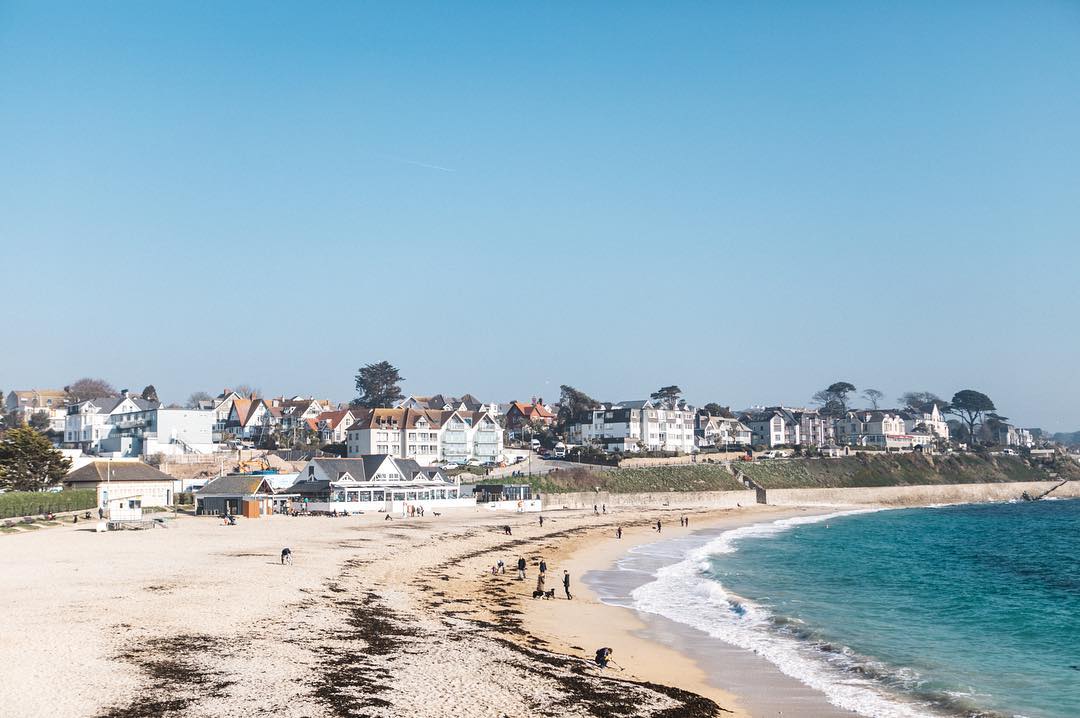The past week has seen record highs for a February, with Cornwall seeing temperatures hitting the mid teens and London reaching a toasty 21.2ºC. While some of us in Cornwall have used the weather to enjoy our beaches a few months earlier then we usually do, others are concerned over the unseasonable weather.
To provide some context for the weather we’ve experienced this week, last year Cornwall was in the grips of the Beast from the East and blanketed in half a foot of snow leading to massive disruption for everybody in the county. The average temperature in Cornwall during February is 6°C. Having two years in a row where that trend is so dramatically different in terms of temperature, is not a good sign.
Professor Juliet Osborne of Exeter University’s Environment and Sustainability Institute said of the heatwave that: “This is yet another sign of climate change, and indicative of the changes in our environment.”
Professor Osborne added: “Freak weather events like this and last years blizzards are going to get more likely as time passes given climate control. We don’t know what effect this will have on plant and animal life as of yet. This year we’ve seen many flowers bloom early and some insect have similarly emerged earlier. If there is another cold snap now, we don’t know for sure what will happen, but it’s likely to lead to deaths in both groups. This weather is illustrative of change, and that changes means things either have to adapt or there might be quite different communities of plants and animals in the coming years.”
This warning comes after 2018 which saw record amounts of CO² released into the atmosphere, which is itself only the latest year in a trend going back over a century and a half. Never before has so much CO² been released into the atmosphere of our planet.

While the US and EU have slowed their output of carbon emissions globally the amount only grows. Source: University of East Anglia, Global Carbon Project.
Residents of Falmouth, while enjoying the weather, share that they are worried about what the warm weather could be signalling about the planet’s future. One such resident, Jonathan Staten,19, said: “The weather is a worrying sign of what is to come. We will likely have a warmer summer that will likely lead to more deaths. Furthermore, the damage to the natural world is horrifying. As a lover of arctic animals, it’s particularly upsetting to think of children growing up without these animals to amaze them.”
The UK Government does not appear to be taking the issues seriously either, as a debate scheduled for the Commons on Thursday over climate change and carbon emissions was attended by as few as 10 MPs at some points, and it was the first such debate in two years.


